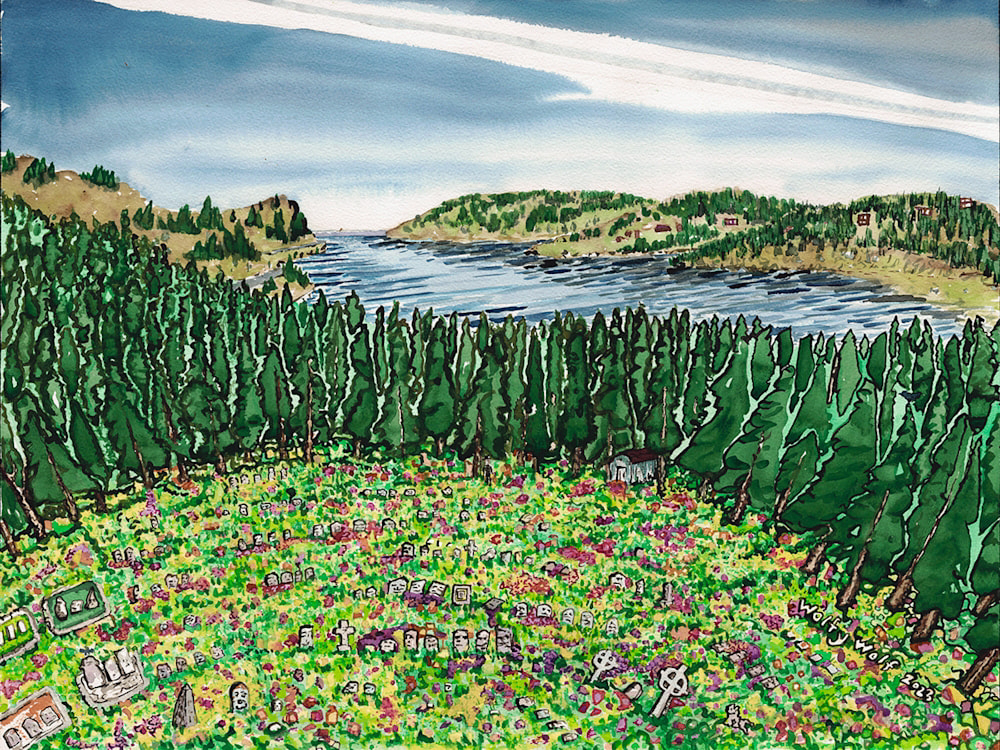Without the comfort of an afterlife, death becomes something else entirely. It is no longer a doorway but a wall—solid, immovable, final. And yet, the human heart resists this. We have always resisted. From the ancient Roman memento mori—the whispered reminder that "you too must die"—to the skulls etched into medieval prayer books and the morbid vanitas paintings of the Renaissance, we have long kept death close at hand, not to glorify it, but to confront it. To wrestle with its inevitability and, in doing so, to learn how to live. As the philosopher Michel de Montaigne wrote, "To practice death is to practice freedom. A man who has learned how to die has unlearned how to be a slave." To live in full awareness of death is not to be imprisoned by it, but to be liberated from its shadow.
I think of this often—not with despair, but with a restless urgency to claim what I can while I am here. If there is no great reckoning after this life, then every kindness, every moment of beauty, every shared glance and held hand becomes a sacred thing. There is no waiting for heaven. There is only this—the brief flicker of awareness, the electric thrill of existence, the fragile bloom of a flower held before it wilts.
In the face of this certainty, I do not want my life to become a rehearsal for absence. I do not want the flowers placed over my memory when I can no longer see them. I want them now—while I can feel their weight in my hands, while their colors still rise brightly against the sky, unapologetic and alive.
Let my flowers be yellow—bright, defiant, a burst of sunlight against the gathering dusk. Let them blaze against the certainty of endings. Bring them while I can still feel the sun warming my skin and the awkward, beautiful kindness of others reaching me in their imperfect ways. Bring them while life is loud and full.
This, I have come to believe, is the only true defiance we have against death. To live as if every moment matters, because it does. To embrace the transient, the fleeting, the fragile beauty of now. Like the wildflowers scattered among the graves in Valarie Wolf’s Flowers & Graves, I want my moments untamed and vibrant—not preserved in ceremony, but alive and fleeting and fully real.
Philosopher Albert Camus reminds us, "There is no sun without shadow, and it is essential to know the night." In accepting death, we do not surrender to it; we make peace with its presence so we can turn more fully toward the light. The awareness of death is what sharpens our hunger for life. It is the shadow that makes the candle’s flame burn brighter.
In the face of death’s silence, we have only one voice—our living. And if death must come without the comfort of eternity, then let it find me with my hands full of color, my life spent reaching for joy, and my heart grateful for every imperfect, transient bloom. Let it find me standing unapologetically in the sunlight, surrounded by wildflowers I never waited to receive.
I want my flowers while I am alive.
